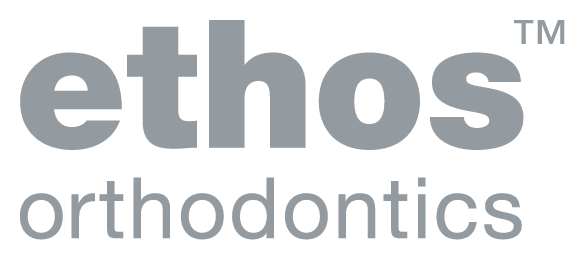Whether you use Ethos Brite – our teeth whitening kit, or another product, you will want to make sure your bright, white smile stays. To do this, you will need to follow aftercare instructions very closely. Below, we outline our top teeth whitening aftercare tips you can follow.
The short-term effects of teeth whitening incorrectly
There are a couple of possible dangers when using teeth whitening products. We suggest consulting a professional or using a trusted service, such as Ethos Brite.
The most common effects of teeth whitening with uncertified products are tooth sensitivity and gum irritation. Tooth sensitivity occurs when dentine is exposed at the neck of the tooth. Certain whitening products are more likely to cause sensitivity.
Gum irritation can occur if the whitening product is not carefully removed from the gum line. Fortunately, gum irritation is only a temporary side-effect, and in most cases will disappear within three days.
What can stain your teeth?
There could be a variety of foods in your diet that originally caused your teeth to be discoloured or stained. There are three elements in foods and drinks that can stain teeth; these include chromogens, tannins, and acids.
If you want to protect your new pearly whites, be careful about the foods you eat in the first 24-72 hours. This is also known as the ‘White Diet’ and will help keep your teeth fresh and white.
What is the White Diet?
Teeth whitening aftercare does not mean you need to go and make huge changes to your diet. Rather, knowing what the white diet involves, can help you protect your teeth from gaining that yellow tint again. Following your whitening session, your teeth will be more susceptible to stains. By following the ‘White Diet’ you can protect your teeth from food and drink stains.
Foods you can eat after teeth whitening
As the name suggests, the foods recommended on the ‘white diet’ are mostly white. Fruit and vegetables that are goods to eat include bananas, potatoes, cauliflower, and white onions. Meats or proteins included in the diet are white fish, turkey, chicken and egg whites. Other common foods include cottage cheese, white pasta, white sauces, low-fat plain yoghurt, and crustless white bread.
Foods to avoid after having your teeth whitened
A simple way of determining whether a food or ingredient would satisfy the white diet is the “white shirt test”. If the food would be likely to leave a visible stain on a white piece of clothing, then it is best to avoid it.
Drinks to avoid include energy drinks, carbonated drinks like cola, coffee and tea, vegetable and fruit juices, beer and red wine. Similarly, green vegetables (spinach, broccoli etc.), as well as orange produce like carrots, should be avoided. Beetroots, red sauces, tomatoes, turmeric, chocolate, and berries should also be avoided.
Tips for keeping your teeth white
Our post-whitening tips include maintaining good oral health habits, such as flossing regularly and brushing your teeth with fluoride toothpaste. You can also use a straw when drinking to minimise the contact between the liquid and your teeth. We also recommend you avoid using bright lipstick immediately after your whitening.
After eating or drinking, rinse your mouth with water to ensure there are no left-over food particles or residue that could stain your teeth. Similarly, avoid eating or drinking anything acidic as these affect the surface of your enamel, meaning stains can occur more easily. Unless recommended by a professional, avoid using additional whitening kits in the first month as you may over-whiten and weaken your teeth.
There are a number of teeth whitening kits and services available, however, they are not all safe, so you will want to do your research before purchasing. Here at Ethos, we offer a safe, professional and take-home teeth whitening kit, to give your smile a little extra sparkle.



